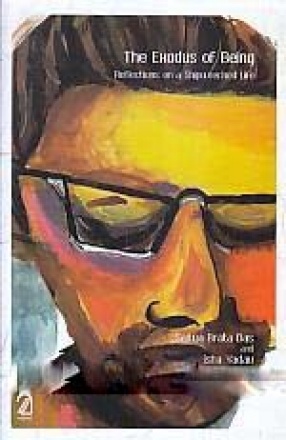
Saitya Brata Das

Showing all 8 books
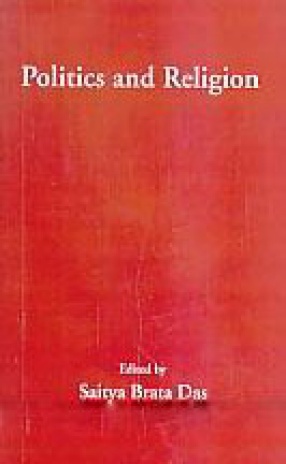

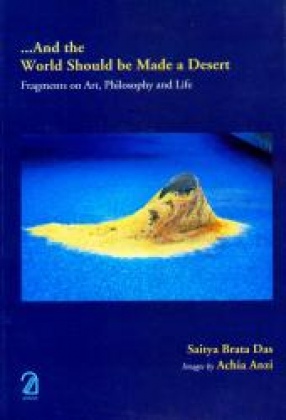
This work is the joint endeavour of a writer and an artist: with the text from the writer and images from the artist, together they ‘attempt’ to call forth to manifestation the mystery of the world and of human existence on earth. The text consists of fragments - which are attempts at discontinuous thinking - which deal with fundamental questions of human life: eternity and time, life and death, joy and melancholy, solitude and community, the presence ...
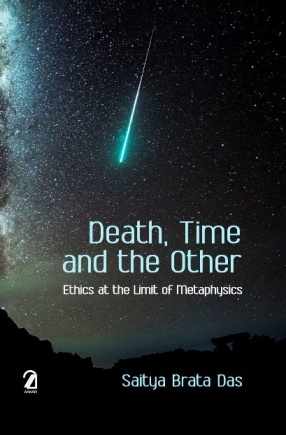
In this work Saitya Brata Das is concerned with the limit of philosophy understood as 'ontology of presence' or as 'metaphysics of subjectivity'. Das undertakes to follow the thread of the 'limit' of a thought that makes equivalent not only presence and subjectivity, but also being and totality, and as I see it, to think the limit itself as the place where is played out quasi-phenomenologically-or would appear in some ways under a name as 'blind spot'- the ...
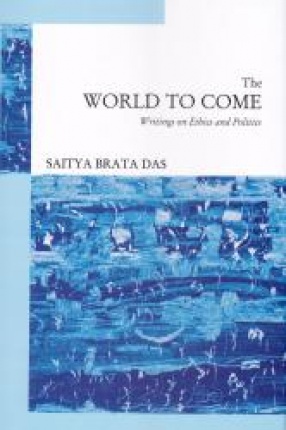
At the heart of the messianic thinking lies an unconditional idea of redemption. The messianic idea of unconditionality is based upon a qualitative distinction between the unredeemed world and the world to come. It is fundamental to this messianic idea that this distinction can't be grasped as transition or mediation. Taking his inspiration from thinkers like Jacques Derrida, Emmanuel Lévinas, Walter Benjamin and Franz Rosenzweig, Saitya Brata Das renews ...
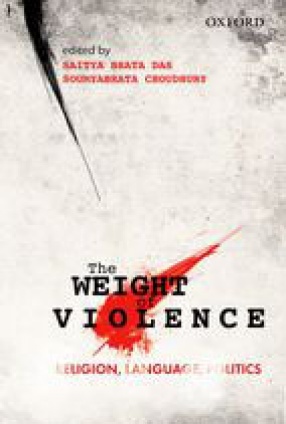
The essays collected in this volume deal with one central theme: How do we now make sense of existence in a world that is constantly threatened by destruction of sense. The contributors, exploring answers to this complex problematique from different disciplinary perspectives maintain that the question concerning the sense of existence and its destruction is essentially tied up with the question of violence: violence as radical destruction of sense for and of ...

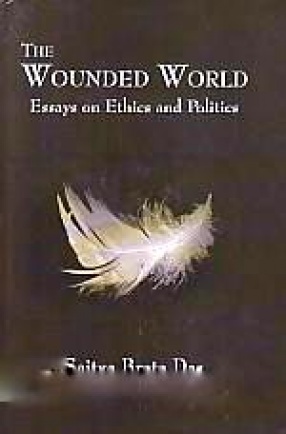
Thinking takes its birth at the moment of it being wounded, the moment when the world suddenly opens itself like a wound, when an immense question mark erupts in the middle of our life and when nothing in the world appears to be so absolute and self-sufficient. If there were no such wound, if the world as it exists were sufficient for the mortals, philosophy would be mere superfluous luxury, a pass-time for idle chatter, a prattle arising out of boredom.
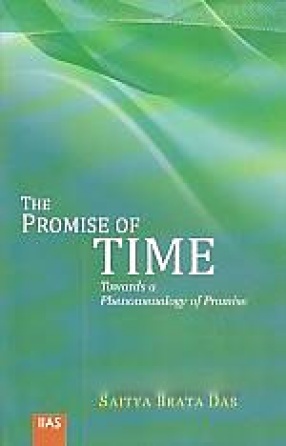
This work renews the thought of a pure future beyond all that is given and outside of any immanence of self-presence. This thought is the thought of a promise of time that opens us, on the basis of an irreducible mortality, to the advent of redemptive, messianic future that is the incalculable par excellence. Along the lines of heidegger?s notion of ?Phenomenology of the inapparent? as a point of departure and taking inspiration from thinkers like schelling, ...
